Navigating Closing Costs When Buying a House in Denver, Colorado
Buying a house is an exciting and rewarding experience! But, it can also be overwhelming with all the financial aspects involved. One of the most crucial parts of the home-buying process is understanding and navigating closing costs. These are the fees and expenses that homebuyers must pay at the closing of a real estate transaction. These costs can vary depending on the location, lender, and complexity of the deal. If you’re interested in buying a house in Denver, Colorado, it’s important to understand these costs for a successful home purchase in the state.
Ready to learn more about closing costs and what you can expect? At the Blue Pebble Group, we are here to provide insights into the various closing costs involved in buying a house in Denver, why they are necessary, and how to best prepare for them. Additionally, we'll share our tips on negotiating closing costs and how you can potentially save money during the home-buying process by partnering with Blue Pebble.
What are Closing Costs?
As previously mentioned, closing costs are the various fees and expenses associated with finalizing a real estate transaction. These costs are usually 3%-7.5% of the sale and typically include fees for services provided by lenders, real estate agents, attorneys, inspectors, appraisers, and other professionals involved in the process when buying a house in Denver, Colorado, and everywhere throughout the country. Some common closing costs include:
Loan origination fees: The expenses charged by the lender for processing your mortgage application.
Home inspection fees: You’ll need to pay a professional inspector to identify any potential issues with the property before closing.
Title search and insurance: These costs ensure that the property's title is clear of any liens or ownership disputes.
Appraisal fee: A professional appraisal is required to determine the fair market value of the property.
Escrow fees: These fees cover the costs of holding and disbursing funds during the closing process.
Recording fees: These fees are paid to the local government for recording the deed and other legal documents.
Why are Closing Costs Necessary?
Closing costs are necessary to protect both the buyer and the seller in a real estate transaction.
For buyers, these costs ensure that the property is free of any legal issues, such as liens or disputes over ownership. They also cover the expenses of professionals who facilitate the closing process, such as attorneys and title companies.
For sellers, closing costs cover the fees associated with transferring ownership of the property and closing out their mortgage.
How to Prepare for Closing Costs
One of the best ways to prepare for your closing costs is to budget for them ahead of time. As mentioned earlier, these costs are, on average, 3%-7.5% of the home sale. So, if the total home sale is $400,000, your estimated closing costs may be between $12,000-$30,000. It's important to factor in these costs when determining how much you can afford to spend on a home. You can also work with a lender or a real estate agent to estimate how much your closing costs will be based on the specific details of your transaction.
Another way to prepare for closing costs is to consider partnering with a reputable real estate firm like Blue Pebble. We’ve assembled a team of experienced real estate professionals who can guide you through the closing process and help you navigate the various costs and fees involved in buying a house in Denver, Colorado. They can also provide valuable insights and tips on how to negotiate and potentially save money on closing costs.
Here are a few additional suggestions to help you account for and prepare for any closing fees on your residential real estate transaction.
Ask for a loan estimate: Before closing, your lender is required to provide you with a loan estimate detailing the closing costs you can expect to pay. Review this document carefully and compare it to other estimates you've received to ensure that you're getting a fair deal.
Don't be afraid to ask for concessions: Sellers may be willing to cover some or all the closing costs as part of the negotiation process. Don't be afraid to ask for concessions, especially if you're a first-time homebuyer or are facing financial challenges.
Review the closing disclosure carefully: Before closing on the property, make sure to review the closing disclosure with great attention and ask questions about any fees that you don't understand. It's important to know exactly what you're paying for and why.
Partner with Blue Pebble to reduce or eliminate closing costs: Partnering with a reputable real estate brokerage like Blue Pebble can help you handle every step of the real estate journey with ease. Our experienced agents can provide valuable guidance and support, helping you save money and avoid common pitfalls during the closing process. And with our integrated brokerage model, we also provide flexible financing options to those buying a house in Denver, Colorado and other locations with us. Through our discount mortgage program, you can get the best deal possible because we can help reduce your monthly mortgage payments and/or your closing costs.
Trust Blue Pebble When Buying a House in Denver, Colorado
Buying a home doesn't have to be an overwhelming ordeal. By understanding what your closing costs are, why they are necessary, and how to best prepare for them, you can approach the home-buying process with confidence and peace of mind.
Contact us today for expert guidance and support throughout the home buying and closing process. Let us help you navigate closing costs and make your dream of owning a home a reality.

